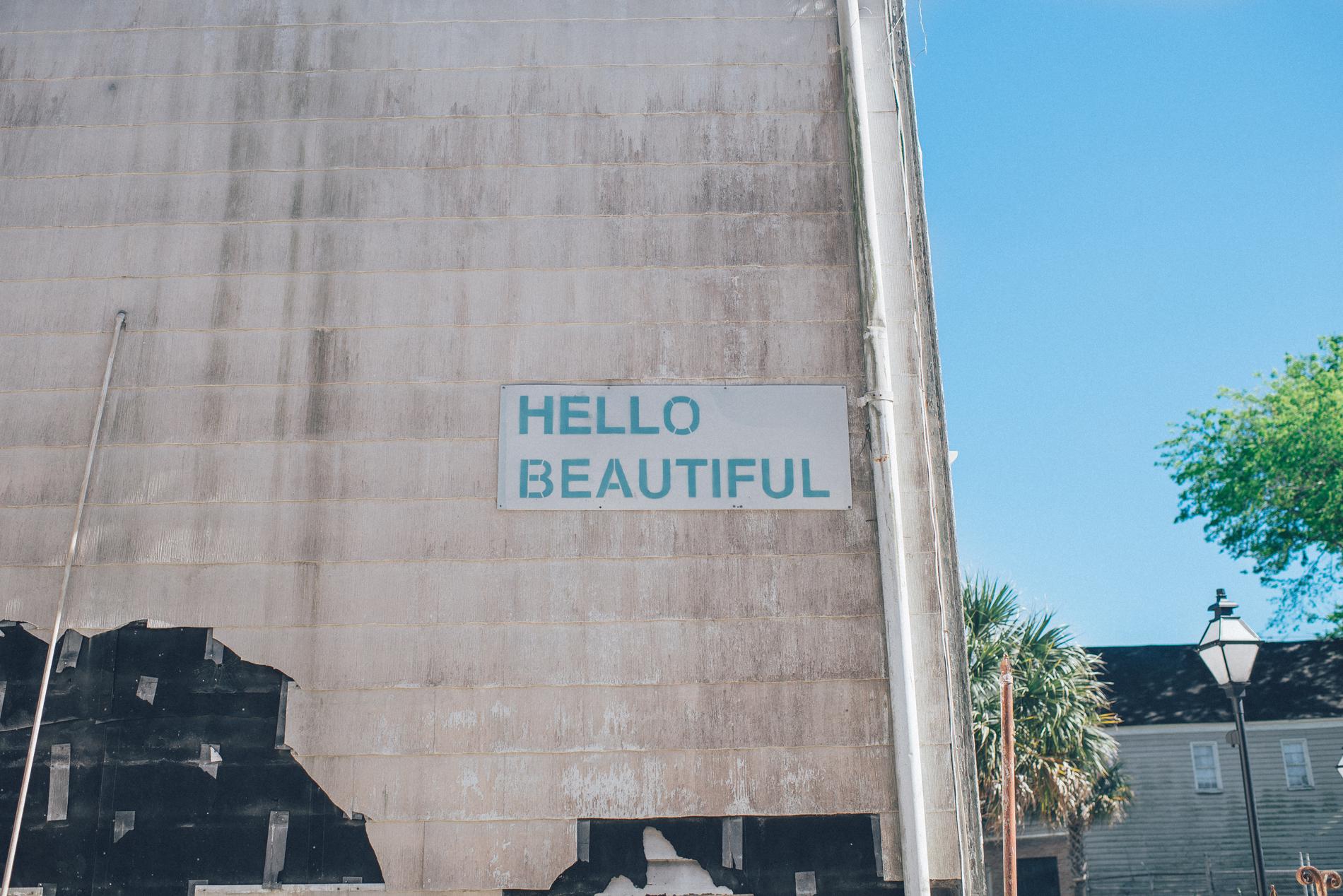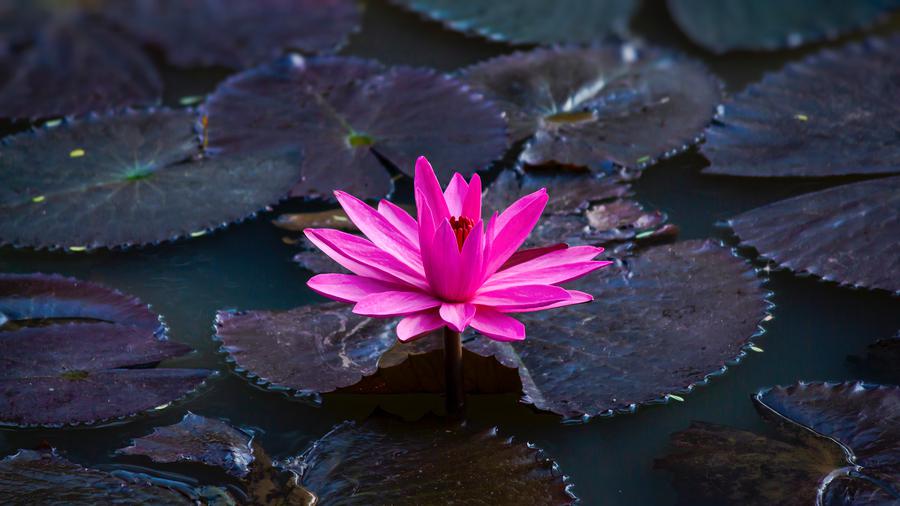
Veronica Morera
July 25, 2016, 7:36 p.m.

If we were all programmed with the same exact genes, experiences and interpretations, I suppose globalized beauty ideals would be adequate goals to reach if they represented all of us. But, do they? Well, what beauty ideals do represent and where they come from have numerous theories, which all seem to have a valid point to make.
Beauty depends on the angle from which it is explained. It involves attraction to posses, hold, value or admire attributes that are recognized in oneself or elsewhere, whether it is a landscape or a face.
In society, beauty matters, and it matters a lot. “Pretty” people are statistically more likely to get promoted, receive better service, obtain better grades, receive higher income, and are more likely to get away with crime. Naturally, we can assume to have been born to admire beauty. Studies have shown that 3-month-old babies stare longer at a face that adults consider attractive than their counterparts.
Natural beauty can be referred to as harmony, a perfect balance and addition of parts. Artificial beauty on the other hand, would come by the enhancement of features by manipulation (using cosmetic surgery, makeup, clothing and others), to recreate reproductive signals in an attempt to obtain admiration and power. Beauty ideals summarize symmetry, specific ratios, decreased chances of genetic abnormalities, fertility, and attributes such as determination, self-control, desirability and credibility; often times a culmination of both natural and artificial beauty.
Therefore, beauty ideals are unrealistic standards. They are quite strict and narrow, with little consideration for diversity or extremes. They embody what the majority of us don’t yet tell us what we should be aiming for. As someone who is constantly bombarded by images of this ideal, it makes it difficult to accept any deviation from what we are told is where we ought to be. But why would I want to reach the “ideal” of another person’s body? Shouldn’t I have my own personal beauty ideal?
I don’t want to feel ashamed if I want to wear a bikini and I have cellulite, stretch marks, and I don’t have the tight abs or thighs that represent a modern and globalized image of a beauty ideal. Our bodies tell stories. My body tells a story, and even though it does not look like a typical bikini model, I am healthy and I take care of myself with the best nutrition that I can reach at this point of my life, and I am proud of it! At times I may feel shy, but I will hold my head up high, because nobody knows where I am in my life. What matters is the true effort that I put every day and night into my personal growth and care for my family. Looking back at the old me, I have realized that there is no fair comparison to where I am today because that person was different.
Beauty ideals should be individualistic. Having said that, while we live in a society that admires and works towards an unrealistic beauty image, we must not forget how we feel while paying proper respect to our experiences and ourselves. It can be devastating to get carried away with obsessions that cloud our minds and hinder our souls, making us victims of a merciless crime of hate; hate towards our present self. “Your body is your temple” and as such, you ought to enter experiences with an open mind and heart, and accept whatever comes your way. What I work for is a future that is worth getting up for every morning. Hence, the path that I am walking is my own.
Nutrition can be a healing path for some a way to connect with a part of yourself that may have been told to hide and remain quiet while you obeyed the rules imposed by media that you have come to believe. In an act of reconciliation with yourself, I encourage that you take a step forward. I believe in discovering your own personal beauty ideal. That is, recognizing your own unique beauty so every time you look in the mirror that person looking back smiles - because you know that you are doing your best personal effort to confront your fears and respect your temple.
There has never been a better time to discover yourself and your personal beauty ideal than now.
Veronica Morera is the co-Founder, Nutritionist/Dietitian and Consultant of Purple Rain Nutrition. Purple Rain Nutrition offers mindfulness and spiritual programs for overcoming destructive eating behaviours and connecting with yourself. She has a Bachelor of Medicine in Nutrition and Dietetics from the Universidad Central de Venezuela and a Bachelor of Arts in Psychology from the University of British Columbia. She is an Eating Disorder Warrior, as she battled her own personal ED for 13 years. She believes every individual has the right to have access to options (beyond just a pharmaceutical approach) to enhance their mental health and achieving an optimum state of wellbeing. She is a wife, a mom of a beautiful angel, and lives in Toronto, Canada. Contact Veronica online, on Facebook, Instagram, and Twitter.

Feb. 3, 2018, 8:04 p.m.